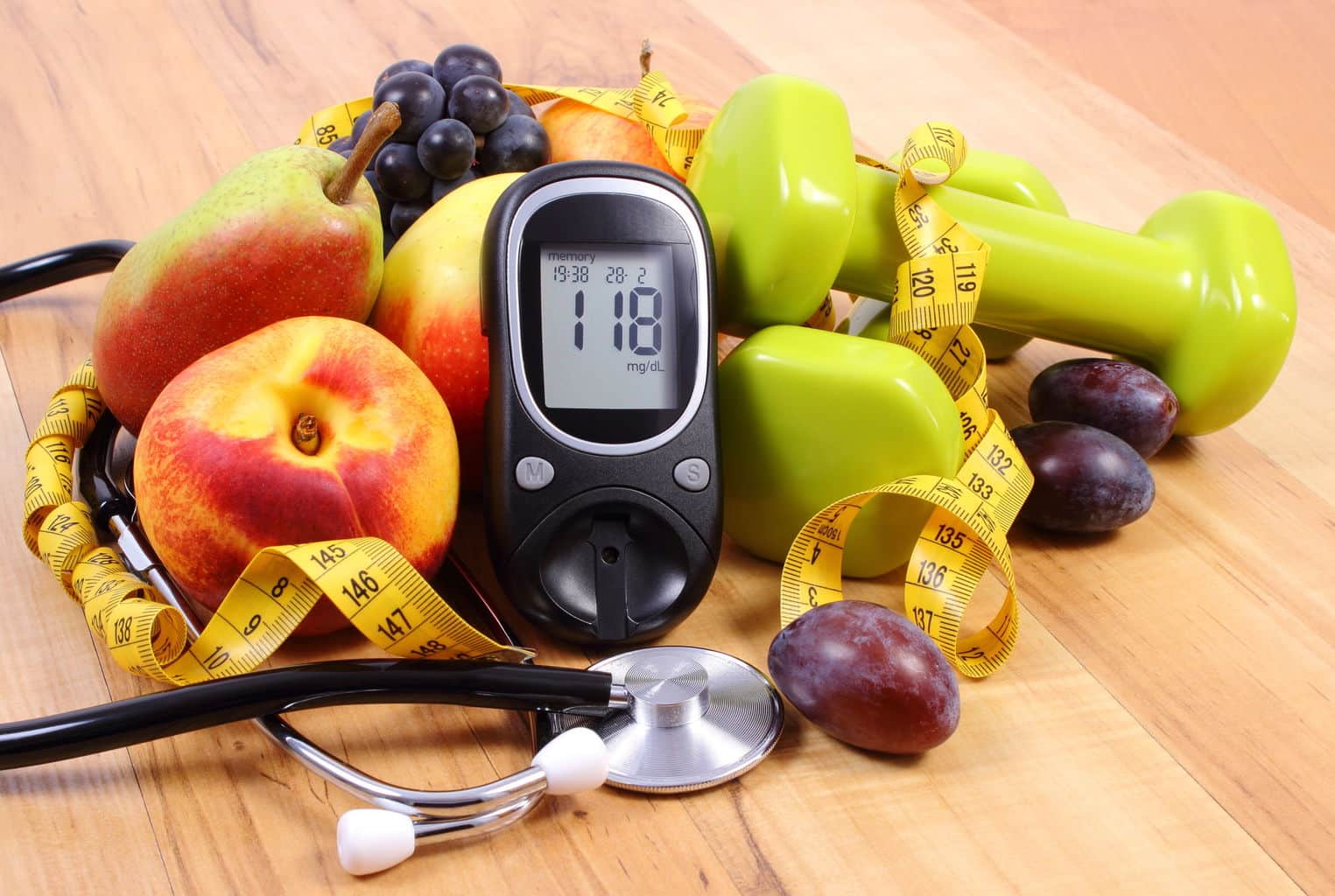
[cmamad id=”5725″ align=”center” tabid=”display-desktop” mobid=”display-desktop” stg=””]
There are a lot of misconceptions about what is good for our health and what is not.
People claim to know what causes diabetes, weight gain, and so much more.
And these great misconceptions are ruining our health today.
One of these is we should substitute more unsaturated fats for saturated fats.
The science shows just the opposite.
So what is the major cause of diabetes?
The science shows that to lose weight and reverse insulin resistance, we should be eating fewer saturated fats.
But that doesn’t mean that we should substitute unsaturated fats.
These are even more harmful than saturated fat.
And we should generally be limiting our and eating more starch and sugar.
In this study, researchers took mice that are bred to get diabetes, and they tried to give them diets high in various oils.
These researchers wanted to find out which oils cause greater weight gain.
And they wanted to see which oils caused insulin resistance and what the relationship is between diabetes and fat.

As you can see from the diagram below, they gave divided the mice into groups.
Each of the groups ate a different kind of oil.
The groups ate palm oil, lard, canola oil (also called grapeseed oil), soybean, safflower, perilla (a type of mint oil), and fish oil.

Then the researchers tested the mice over time.
They tested them for insulin, for weight gain, triglycerides, and cholesterol.
In general, they found that the mice on the low-fat diet gained the least weight.
They also had healthy levels of insulin.
[cmamad id=”5726″ align=”center” tabid=”display-desktop” mobid=”display-desktop” stg=””]
The lowest insulin levels were from the high carb low-fat mice.
This is not surprising.
Science has known for decades about what is called the Randle effect.
The Randle effect means that if you are consuming a high amount of carbs and sugar, your body’s cells get good at metabolizing sugar.
It’s actually high-fat that jams up the body sugar-burning circuitry and causes the body to become insulin resistant.
I’ve been warning you about poly-unsaturated fatty acids for some time.
And vegetable oil is probably the WORST PUFA.
The vegetable oil group of mice had the worst weight gain.
Most vegetable oil is really soybean oil.
That means that the group of mice that had the most weight gain was the group eating soybean oil.
So skipping high-fat by going to unsaturated just makes you gain weight faster.
Plus, the soybean oil mice experienced poor response to insulin.
Most of the high-fat diets in comparison to the high- carbohydrate diet were found to have adverse effects on glucose tolerance and obesity.
Now, vegetable oil does not immediately raise insulin levels.
But it lowers the responsiveness to insulin.
This mechanism of the PUFA laden vegetable oil causes the early stages of what later becomes diabetes.
Clearly, a diet low in all forms of fat, but especially low in vegetable oil, is best.
This diet helped the mice and will probably people lose weight.
And it helped them to respond well to insulin and therefore not to become diabetic.

http://www.sciencedirect.com/science/article/pii/S0026049596901857

Leave a Reply